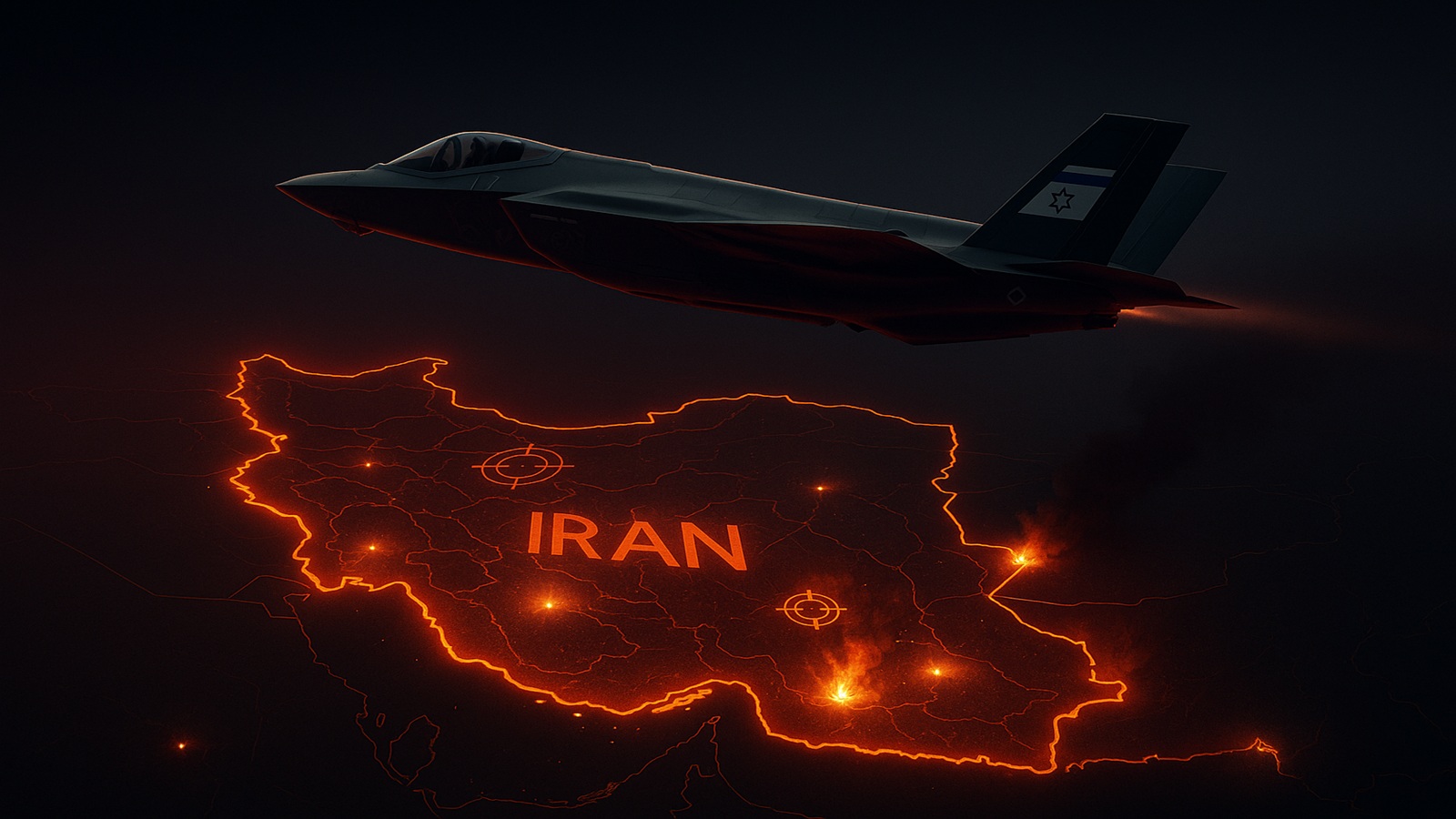When the Ceasefire Prolongs the War
Asharq Al-Awsat, London, June 27
According to an old saying, the history of any war is written by the victor. This is because the loser is either dead, too wounded to write, or, in some cases, eager to turn the victor into a friend. But for that saying to hold true, the war must conclude with a recognized victor. That presents another problem: no one can crown themselves triumphant and place a laurel on their head unless their opponent formally admits defeat.
This is the dilemma Israel has faced ever since it fought to secure its small place on the map. Each time it won a war, it was forced to accept ceasefires imposed by its friends. This time, too, it was the United States—yet again—that robbed it of the spoils of victory. The do-gooders who forced a “conflicting” final outcome forgot that the purpose of war is to disrupt an unstable status quo and replace it with a new one acceptable to the warring parties, by defining clearly who prevailed and who was defeated.
War, as the saying goes, is politics by other means. But here, world powers have turned war into a deceitful form of diplomacy, resembling a game of snakes and ladders. Some foreign leaders profited from meddling, winning elections, or even receiving the faintly absurd Nobel Peace Prize.
Since 1947, dozens of new states have emerged on the map, and dozens of wars have erupted, with winners and losers alike, establishing a new reality that has secured long periods of peace and stability. In all those cases, war, which Aristotle considered among humanity’s noblest endeavors, served as the means to determine who won and who lost. The purpose of war is to slice through the Gordian knot with a single stroke and then let things return to their natural course. As for the advocates of ceasefires, they turn war into a knife left inside the wound, to be twisted again and again.
In some cases, a ceasefire can be the enemy of peace. That could be the case with the ceasefire ordered by US President Donald Trump between Israel and Iran, which temporarily froze a conflict that had simmered for nearly half a century since Khomeini, the founder of the Islamic Republic, made it his mission to eliminate the “Zionist entity.”
Give the gift of hope
We practice what we preach:
accurate, fearless journalism. But we can't do it alone.
- On the ground in Gaza, Syria, Israel, Egypt, Pakistan, and more
- Our program trained more than 100 journalists
- Calling out fake news and reporting real facts
- On the ground in Gaza, Syria, Israel, Egypt, Pakistan, and more
- Our program trained more than 100 journalists
- Calling out fake news and reporting real facts
Join us.
Support The Media Line. Save democracy.


By any military measure, Israel achieved a sweeping victory in the 12-day war that Trump halted. It seized control of Iranian airspace within 48 hours, paving the way for US B-2 bombers to wipe out Iran’s core nuclear facilities within hours, meeting no resistance. Israel also decapitated the Iranian military leadership dominated by the Revolutionary Guards, destroying the Quds Force’s headquarters that had long coordinated Iran’s operations in Iraq, Lebanon, Syria, Gaza, and Yemen.
According to Iranian estimates, Israel damaged or destroyed the Islamic Republic’s military and nuclear infrastructure by hitting over 600 targets, inflicting more than $1.8 trillion in damage. In a classic display of military precision, Israel struck targets in 20 of Iran’s 31 provinces without losing a single warplane.
Fatemeh Mohajerani, spokesperson for President Masoud Pezeshkian, claimed the Israeli attacks killed over 600 people, including 54 women and children. Among the dead were 23 generals with one or two stars, along with 300 other military personnel, including noncommissioned officers. Forty-six Iranian nuclear scientists were also killed, while 4,746 Iranians were wounded. On the Israeli side, Iranian retaliatory strikes killed more than 30 people, among them an 18-year-old conscript, and left 3,238 wounded.
Ordinarily, this would have made Israel the clear victor in the 12-day war. However, as before, it is labeled the loser by Iran and, even more disturbingly, by certain self-proclaimed experts in the United States and Europe. To further complicate matters, President Trump cast himself as the victor who ended the war by “eliminating Iran’s nuclear program forever” and securing a ceasefire within 24 hours.
Iran tried to outbid Trump in claiming victory. “We broke the American bull’s horns and rubbed its nose in the dirt,” said Mohammad Reza Aref, the first vice president of Iran. Tehran’s propaganda machinery seized on the fact that the war lasted 12 days. An editorial on Tasnim News, tied to the Revolutionary Guards, bragged: “The Arabs, led by Egypt, collapsed after six days against the Zionists in 1967. But the Islamic Republic withstood the Zionists and their American backers for 12 days, forcing them to beg for a ceasefire.”
Iran’s official media quoted The New York Times, CNN, and other Western networks questioning Trump’s and Israel’s declarations of victory. Iranian outlets showcased prominent Western voices backing Iran’s narrative, among them John Mearsheimer, David Attenborough, Noam Chomsky, and Jeffrey Sachs.
Iran’s claims of triumph have emboldened Khomeinist hardliners to prepare for another round of fighting. “We have defeated the Great Satan and his Zionist agent,” proclaimed Gen. Ebrahim Jabbari, a one-star general. “But we must not stop there. We must keep our boot on Netanyahu’s neck until he chokes.”
Once again in Middle Eastern history, a ceasefire dictated by short-term political calculations is set to prolong a conflict that has raged for decades, with each new phase bloodier than the one before.
Amir Taheri (translated by Asaf Zilberfarb)

